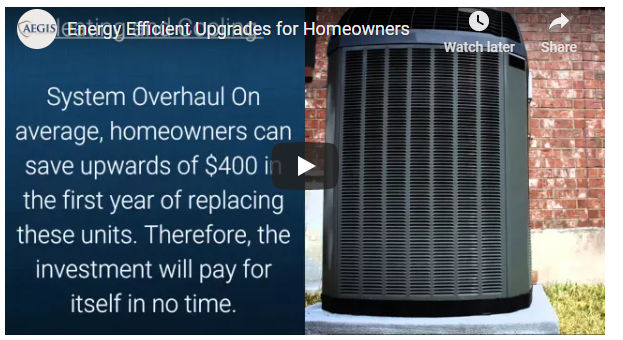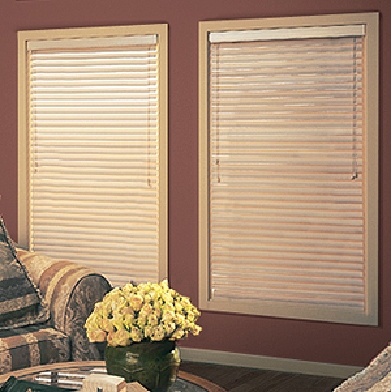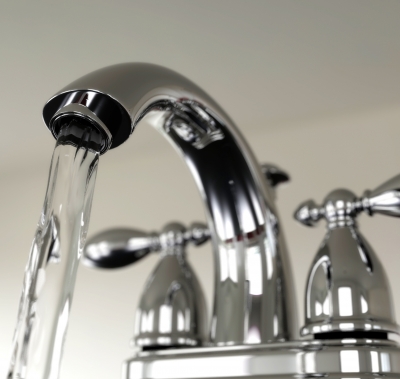While it is easy to forget about utility maintenance until a problem develops, it is best to keep everything working in top condition before the unexpected happens. Here are some large upgrades that although initially expensive can save big money in the long run.
Insulation
Adding insulation can be tricky since walls are already sealed up but it is possible to have insulation added to existing walls using the “Drill and Fill” technique. Adding insulation to ceilings and floors can be easier if you have easy access via the attic or crawlspace. Some houses however use trusses with virtually no attic access and/or are built on a “slab” so they don’t have a crawlspace. However, if you can add insulation it has the potential to drastically reduce your heating and cooling bills depending on the current status of your insulation. If your insulation is currently inadequate, has gaps, or has deteriorated, adding insulation can easily save you hundreds every month.
Windows
Replacing leaky old windows can drastically improve the indoor environment of your home. New windows can eliminate drafts, make the home quieter, and be better insulated, thus reducing your heating and cooling bills. If your old windows are single pane they can have condensation issues or even leak water which can result in mold and rot issues as well. Upgrading to double (or even triple) pane windows can make a big difference. If you live in areas where cooling is the major expense upgrading to tinted or “solar” windows can reduce the amount of heat that comes in through the windows and thus reduce your cooling bills.
HVAC
Older HVAC systems are less efficient than new systems due to constant improvement in efficiency technology. Plus, no one wants their heat (or A/C) to give out at an inopportune time. If your home heating system is getting older and not performing as it should, this may be a good time to consider a new furnace installation. If you wait until a major issue occurs, you might end up paying emergency HVAC service plus a premium furnace price and immediate installation. Shop now for a sale price on a new furnace and have it installed at a fair rate. Take the same approach for your whole-house air conditioner to keep repair or replacement costs low.
Plumbing
New home plumbing typically lasts for decades without major problems. As homes age, however, the pipes can get worn, begin to drip, or develop leaks. Copper pipes can get thinner over time due to acidic water and erosion. Joints can develop leaks. If your home has older lead pipes or iron plumbing, it may be leaching rust into your home’s water. Have your water checked and be prepared to replace older plumbing with new pipe fittings and water lines to keep your home’s water fresh and safe for consumption and household use.
Electric
Old wiring is a common cause of house fires and electrical shock injuries. Wiring that is frayed, loose, or exposed can be a safety hazard. Have your electrical system checked by a licensed electrician to ensure it is working effectively and safely. Replace damaged or aged wiring, and old worn outlets and switches. And make sure the electrical panel box has adequate amps for your household needs. Houses built in the early 1900s often had a 20 or 30 amp “fusebox” because houses only had a few lights and very little in the way of electrical appliances. Then along came 50 amp “circuit breaker panels” to handle all those new-fangled kitchen appliances. Next came 100 amp panels and then 200 amp and now larger houses can have 400 amp service or even more. To handle all the needs of Heat pumps, refrigerators, washers, dryers, water heaters, computers, etc. So if you have an older electric service panel you might want to consider upgrading to a larger service to handle all the new appliances.
Making adjustments like these can save time, inconvenience, and stress for years to come. Contact licensed contractors or utility providers to ensure your usage is safe, secure, and adequate for your household needs.
You might also like:
- 5 Essential Checkups to Run on Your HVAC to Maintain Energy Efficiency
- How to Save Money Cooling Your Home Even in the Middle of Summer
- Top 5 Essential Home Appliances for Efficiency
- How to Keep Your Home’s Heating Bill from Rising When Temperatures Fall
- 5 Awesome Energy Saving Ways to Cut Your Home Energy Costs Now



